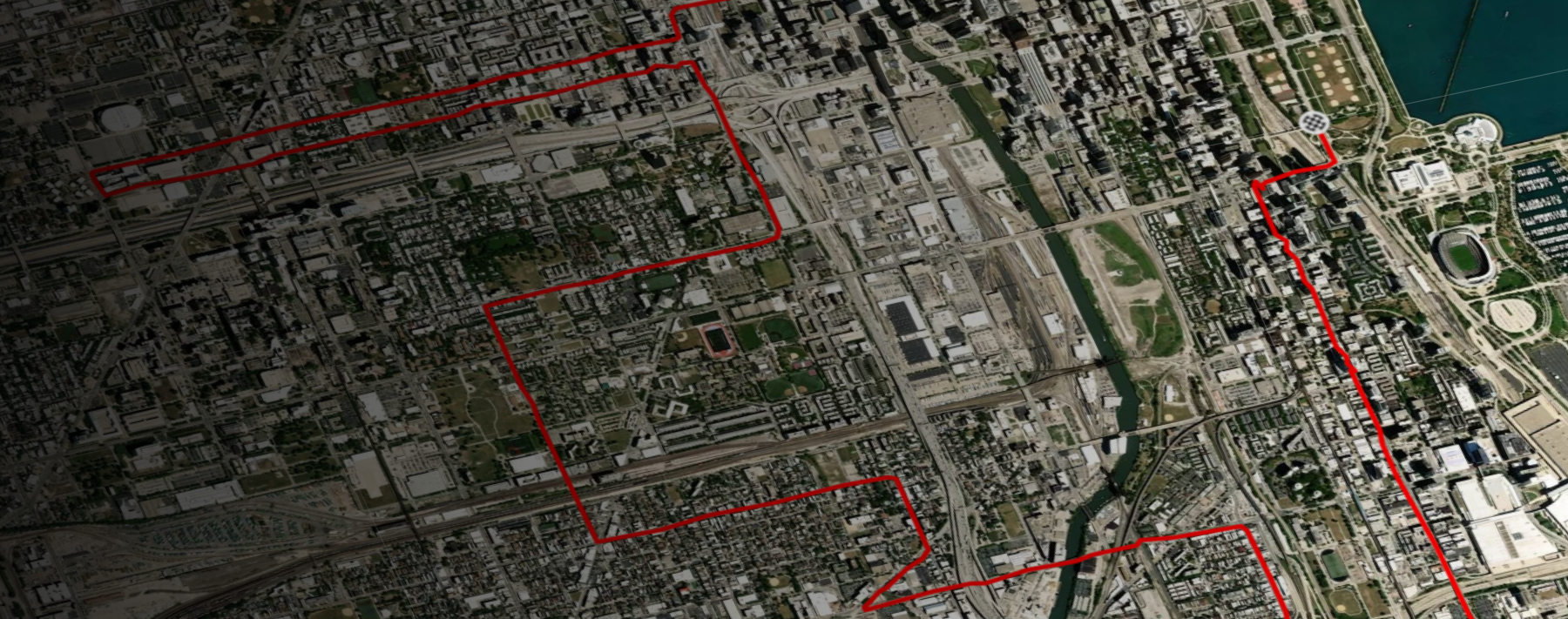Brown v. Polk County, 2020 WL 3958447 (7th Cir. 2020)
Sharon Brown was arrested and booked for shoplifting. Brown allegedly told Duke, another inmate in her cellblock, that she was holding a large amount of methamphetamine. Duke relayed the information to a correctional officer who then informed the jail nurse. The nurse doubted Duke but asked another inmate for corroborating information.
When a second inmate confirmed Brown claimed to be holding as much as an eight ball of methamphetamine, the nurse consulted with jail staff. An officer decided there was sufficient information to request a body cavity search. The officer consulted the jail commander, who gave approval for the search.
Officers took Brown to a local hospital where a doctor and nurse administered an ultrasound, revealing no contraband. The doctor then used a speculum to visually inspect Brown’s vagina and rectum. No officers were present in the room during the examination.
The search revealed no drugs. Brown sued, claiming the body cavity search violated her Fourth Amendment rights. She argued the Fourth Amendment requires a warrant based on probable cause before conducting a body cavity search and challenged the jail policy permitting warrantless body cavity searches.
The court cited the “heft of the security interest at stake” in holding the proper standard for a body cavity search in a jail is reasonable suspicion, not probable cause.
The Supreme Court has previously upheld strip searches of pretrial detainees booked into general population (Florence v. Bd. of Chosen Freeholders of County of Burlington, 566 U.S. 318 (2012)) and prisoners returning from a contact visit (Bell v. Wolfish, 441 U.S. 520 (1979)). The Supreme Court cited the need for jail order and security in each case, holding prevention of the smuggling of money, drugs, weapons and other contraband into a jail is a substantial government interest. In Florence v. Board of Chosen Freeholders, the Court considered how smuggled drugs can embolden aggression, contraband can be used as underground currency and prohibited items can become weapons.
Nonetheless, the court of appeals acknowledged “in no way do Bell and Florence declare detainees’ bodies open for search at any time and under any circumstance.” The body cavity search imposed on Brown was far more intrusive than a strip search: “We strain to conceive of a search more invasive than the one performed on Brown.”
The court cited the “heft of the security interest at stake” in holding the proper standard for a body cavity search in a jail is reasonable suspicion, not probable cause. The jail staff had reasonable suspicion Brown was concealing contraband. Even so, the court must also weigh the “scope of the search, the manner in which it was conducted, and the place in which it occurred.”
The court held the search was done in compliance with a written policy requiring reasonable suspicion and approval from the jail commander. The policy and the procedure followed in this case were consistent with the best practices articulated in the Searches Policy of the Lexipol Custody Manual, specifically the section on Modified Strip Searches, Strip Searches and Physical Body Cavity Searches. The search was conducted in a medical setting by licensed medical professionals and outside the presence of jail officers. Therefore, the jail commander and staff were immune from suit and Brown’s complaint was dismissed.
This blog was featured in our Xiphos newsletter, a monthly legal-focused law enforcement newsletter authored by Ken Wallentine. Subscriptions are free for public safety officers, educators and public attorneys.



